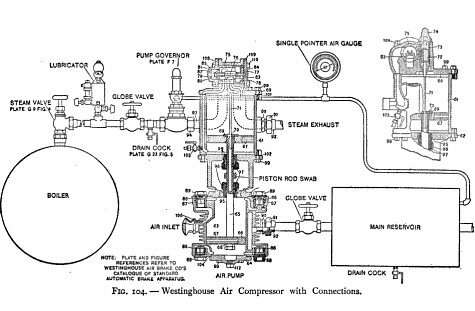Gaskets play a huge function in our daily lives. They are at the heart of whatever from appliances, engines, and more. Gaskets work to avoid the escape of air, water, gas, and lots of other fluids in every commercial and industrial situation imaginable.
Since they are important in the proper operation of a variety of items and makers, the selection of the right gasket for a specific application is critical in the total design. In this blog site, we will take a closer look at the 7 most important pointers for choosing the best gasket for your needs.
1. Know the Setups of Flange Gaskets and Their Applications
The majority of gasket failures occur when irregular pressures on mating surfaces, tension relaxation, and loss of torque on securing bolts, and temperature is not dealt with. Prior to you consult a professional to select the appropriate gasket, you need to know every information about the gasket's future environment. This consists of temperature, fluid pressure, and the destructive homes of the contained fluid. Once you have these, you can move on to picking the correct material and shape.
2. Concentrate On Product Choice
Once you've identified the overall environment of where the gasket will be functioning, product selection is next. Here are the 4 main materials used in gasket manufacturing and their general advantages:
Elastomeric
• Incompressible, extensible, impermeable, and elastic
• Can be warped however never ever minimized in volume
• Made from different materials consisting of CP, EP, IIR, neoprene, and natural rubber
Fibrous
• Numerous different types all with special properties including, Carbon Fiber, MMMF, Glass, Mica, Cork, PTFE (Teflon).
Soft or non-metallic.

• These gaskets are quickly compressed under a low bolt load.
• Utilized in pipeline flanges, heat exchangers, and compressor valve gaskets.
• Very tolerate to abuse and forgiving.
Metal.
• Made from a single metal or combination of metal products in a different sizes and shapes.
• Great for heat and pressure applications.
3. Assessing Chemical Resistance.
Prior to you select from the products above, it is crucial to understand the level of chemical resistance your gasket will require. The destructive properties of the included fluid play a huge role in your option. For instance, Nitrile rubber NBR, is relatively resistant to oil however unacceptable for use with oxidizing fluids. In turn ePTFE is best for all media in the 0-14 pH variety, but can not handle molten alkali metals and essential fluorine. To some it may seem a little confusing, however this is why it is important to have all the realities about where the gasket will fit into a particular application in order to properly pick the ideal gasket.
4. Construction Aspects (non-metallic, metal, semi-metallic).
We touched previously on the difference of metallic and non-metallic (soft) gaskets. One brings excellent strength, while the other is much easier to mold and shape for your needs. Before we carry on, we wish to be specific to go over semi-metallic materials.
Semi-metallic gaskets are composite gaskets consisting of both metal and non-metallic materials. By integrating the two, you get the strength and strength of metal, and the sealing residential or commercial properties of a non-metallic gasket. A best example would be Kammprofile gasket.
5. Speaking to an Gasket Design Engineer.
This pointer may simply be the most http://inspectd.com/ropher0tmq/post-companies-doing-an-33322.html essential of all 7. You require the input of a qualified engineer at every step along the way. Absolutely nothing needs to be left to possibility or guesses. Equipped with your specific information, Mercer's engineers can work with you to correctly develop the very best gasket for your application.
6. Checking for Gasket Efficiency.
Precise testing of gasket efficiency is vital to make sure that a particular gasket will satisfy the specifications needed for your application. By using tests like the hot compression test, creep relaxation testing, and many more, it will be clear that a picked gasket will withstand your task's specific aspects such as temperature, compression, pressure, sealability, and resistance to chemical destruction.
Jay Turner Company
1012 N 1st St, Artesia
NM 88210, USA
575-746-1730

